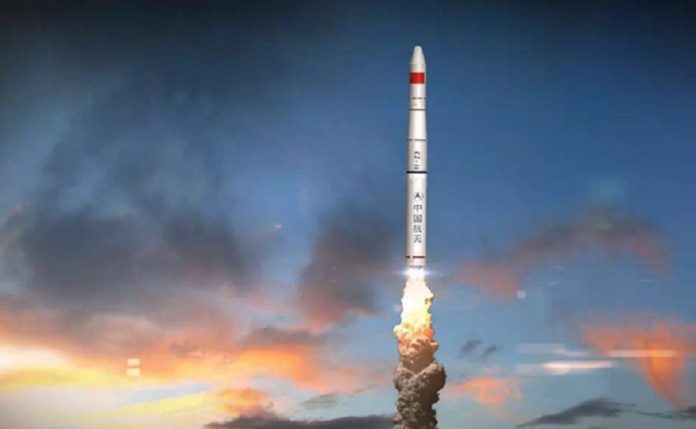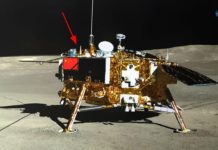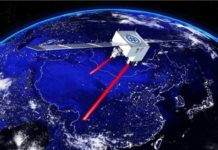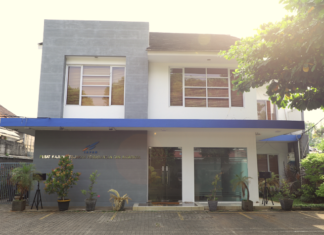Today, China Aerospace Science and Technology Corporation (CASC), the main contractor for the Chinese space programme, announced that it will provide commercial launch services using its Long March 11 rocket.
Long March 11, China’s small rocket capable of launching small satellites to Low Earth Orbit (LEO), will soon offer commercial launch services targeted towards small private companies and universities.
The launch vehicle, a 21-metre solid fuel rocket, can launch up to 700kg to Low Earth Orbit (LEO) and 350kg to Sun-synchronous Orbit (SSO), and has only been used twice before. Its maiden flight occurred on September 2, 2015, with the second occurring over a year later on November 9, 2016.
With this move, CASC hopes to capture the burgeoning smallsat market, which is says it growing rapidly both globally and domestically. Within China, it predicts the emergence of four or five privately-run smallsat companies that will be ready to launch by late 2019.
CASC also hopes to make the Long March 11 a global name for smallsat launches, by positioning it as quick-to-launch and flexible. It believes this will help China carve a niche in the global commercial spaceflight market.
Entering the Commercial Space Market
Said Yan Baofeng of CASC, “Our goal is to use spaceflight in order to transform the world and benefit humanity at large, as well as to give every person the opportunity to access outer space.”
Added Jin Xin, Director of Operations for the Long March 11, “While China’s liquid-propellant rockets are suitable for large payloads, there is a pressing need for a launch service that can cater to the smallsat market.”
For this, Long March 11 has certain advantages.
Long March 11 will utilize mobile launch platforms, which means launches can be conducted frequently and from a variety of locations, including the sea. Itt can also launch quickly, with only a 6-month period between signing a launch contract and the actual launch.
Presently, Long March 11 is focusing on the domestic smallsat market, and has already received more than 10 orders. It is also tapping into the international market, targeting small private companies and universities in countries such as Belarus, Ukraine, Saudi Arabia, Denmark, and Germany.
A New Design to Lower Cost
Said Yang Yijiang of the Long March 11 team, “Currently, the international market offers launches at a cost of approximately US$10,000 to $20,000 per kg. The cost of launching from a Long March 11 will not exceed US$10,000 per kg”.
CASC believes the way to do this is by reducing the cost of development through simplifying the systems and optimizing the components of the rocket. In order to do this, CASC is reviewing the data from Long March 11’s previous 2 flights, and will work towards increasing its payload by 50kg.
The Long March 11 team is also working on a new rocket with a payload capability of 1,500 kg to ensure that it can meet the majority of LEO satellite demands. The new design, a first for China, will integrate new technologies to develop a “smart rocket” that can be launched remotely in real-time.







